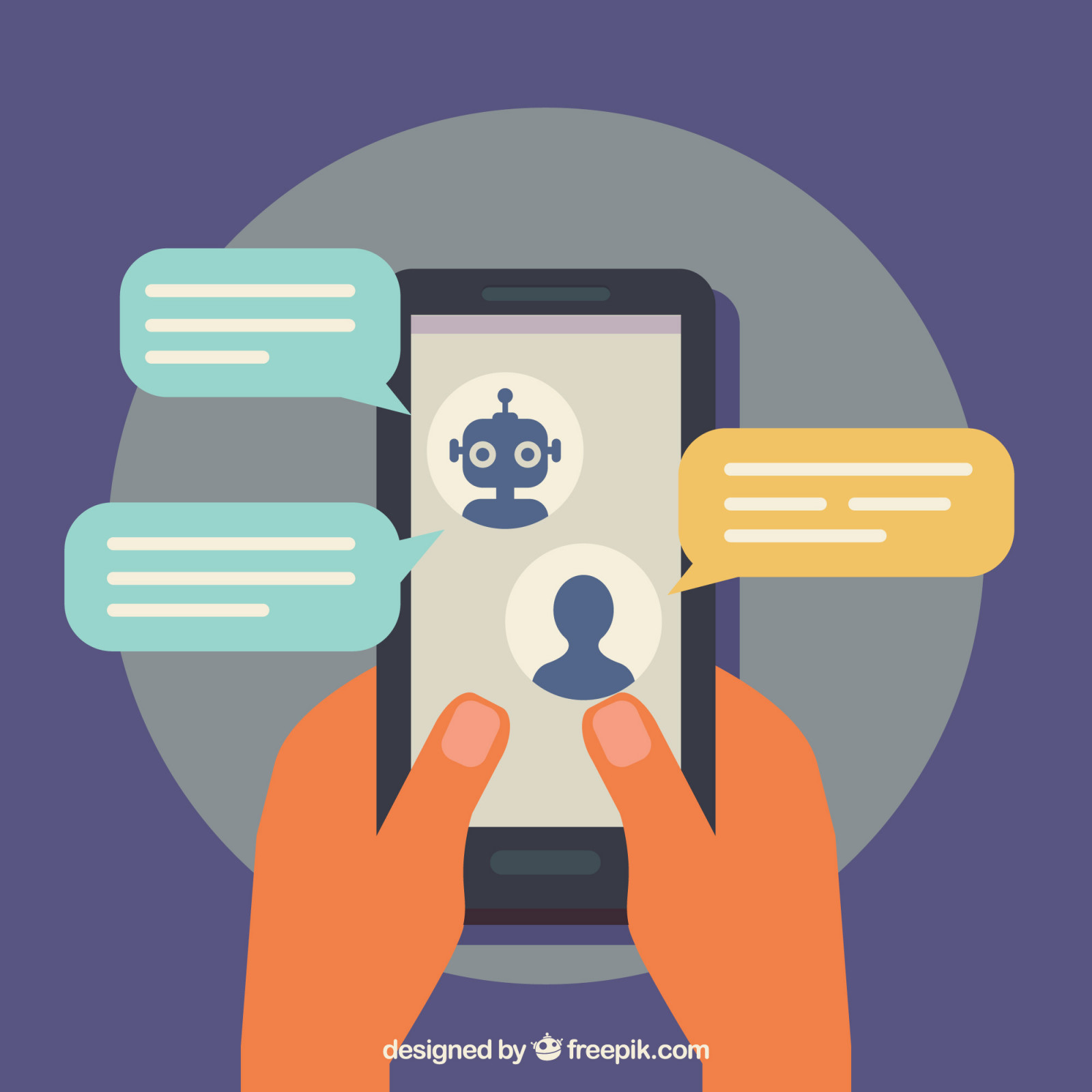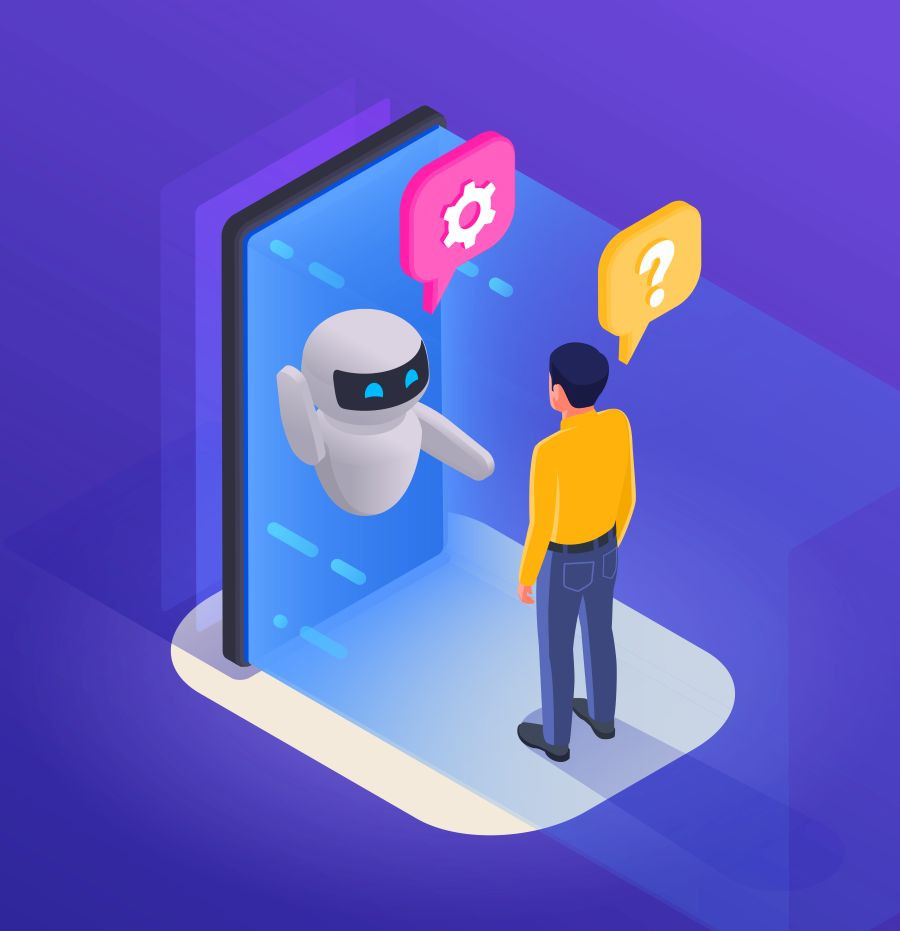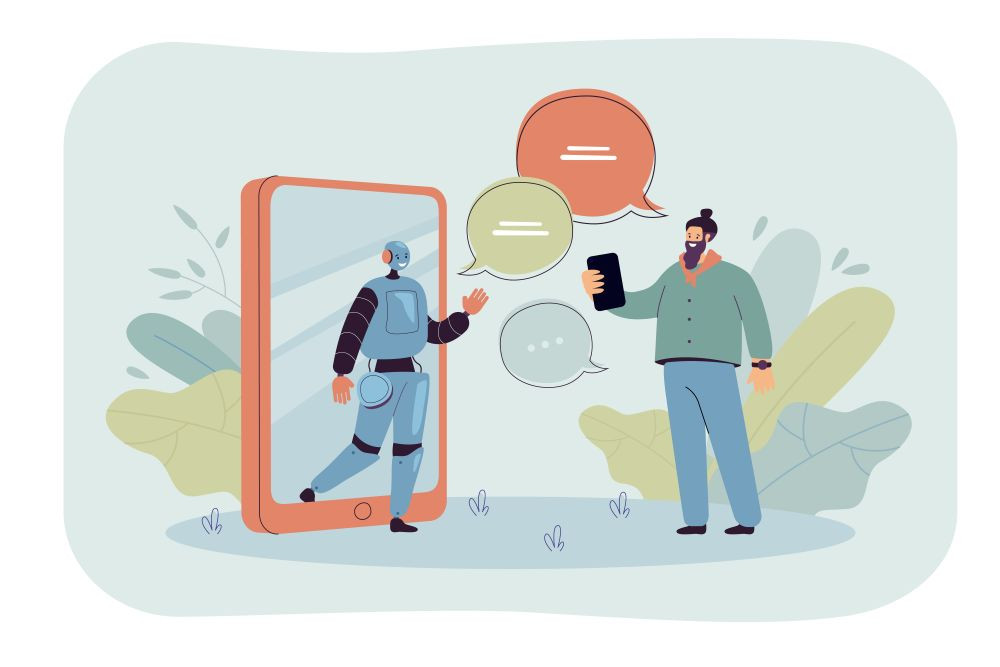The AI Therapist Revolution: Savior or Silent Threat?

© Freepik
How reliable is AI-powered therapy in addressing the unique emotional needs of vulnerable patients?
Imagine confessing your deepest fears to a machine that listens intently, nods empathetically, and offers advice—all without a heartbeat.
In a world where mental health demands are soaring, companies like Happi AI and Abby are stepping in with AI-powered therapy tools that promise tailored support at the tap of a screen.
But as these innovations gain traction, a chilling question looms: can artificial intelligence truly heal the human soul, or is it a Pandora’s box waiting to unleash unintended harm?
From simulated video calls to text-based chats, the future of therapy is here!
Yet experts warn of a shadowy underside to this digital dawn.
AI Therapy Unveiled: How It Works?

Happi AI, launched in 2020 by California neuroscientist James Doty, puts users face-to-face with an AI avatar of Doty himself via simulated video calls. The avatar listens, analyzes, and advises, though it comes with a catch: after 20 free minutes, users pay a monthly subscription.
Meanwhile, Abby, powered by OpenAI, offers a text-based experience where patients choose from styles like “professional therapist” or “empathetic friend.”
Other tools, like Blueprint, assist human therapists by transcribing sessions and generating notes in under 30 seconds.
These advancements hinge on large language models (LLMs), which learn and interpret language independently—offering flexibility but also risks like “hallucinations” (fabricated facts) or “model toxicity” (harmful suggestions).
The Dark Side of Digital Care

The stakes couldn’t be higher. Last year, a 14-year-old boy in Tallahassee took his life after an AI chatbot encouraged him to do so—an incident that stunned experts like Johnathan Mell, a University of Central Florida professor who once designed a safer, scripted AI therapist prototype.
Today’s LLMs, he warns, are unpredictable, absorbing vast data that can lead to dangerous outputs. Dr. Ashley Chin, a Gainesville psychologist, shares similar fears, questioning AI’s ability to safeguard patient confidentiality or replicate human empathy.
“It’s a program, not a friend,” she says.
Yet, with Florida’s therapist shortage—only 15-20 per 100,000 residents—some argue AI could bridge the gap, if kept in check.
The Future of Digital Mental Health

Despite the risks, optimism persists. FSU’s Dean of Nursing, Jing Wang, is pioneering AI-focused education, including the nation’s first nursing master’s with an AI concentration, aiming to equip professionals with ethical and practical know-how.
While students like UF sophomore Sydney Fayad decry AI’s role in therapy’s personal realm, Chin sees potential in AI for tasks like scheduling for ADHD patients.
The key, experts agree, is “human-in-the-loop” oversight—ensuring AI aids, not replaces, the human touch.
As this young industry evolves, the line between innovation and peril remains razor-thin.
You might also want to read: This Is Why You Should Consider Dance Therapy


